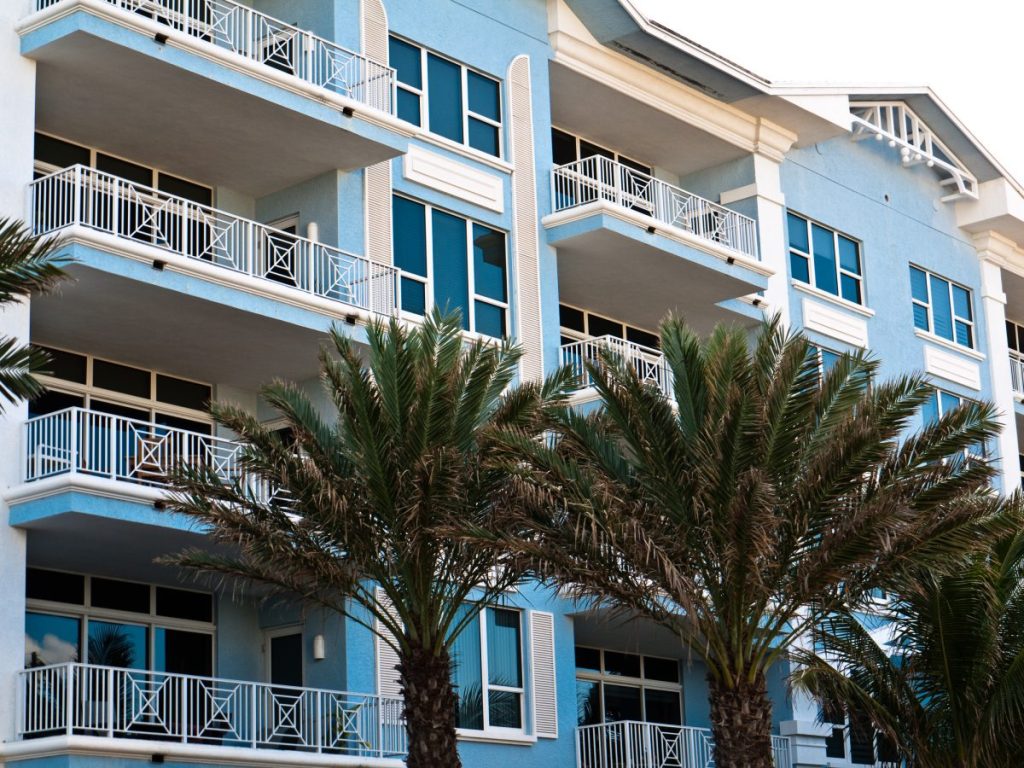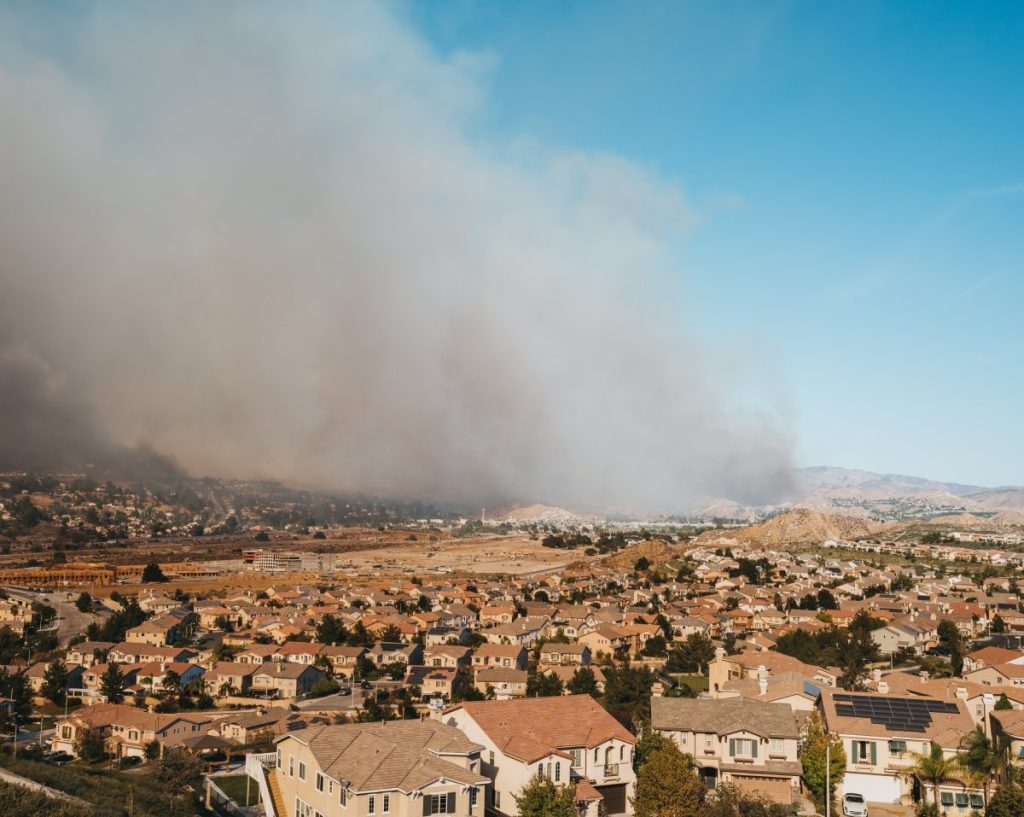In Essex Insurance Co. v. DiMucci Development Corp. of Ponce Inlet Inc., U.S. District Judge Roy B. Dalton Jr. recently held that Evanston Insurance Company has no duty to defend a builder in a lawsuit alleging construction defects at one of its Florida condominium complexes based on an exclusion in the policy for damage to the developer’s own work.1
The lawsuit arose when DiMucci Development Corp. of Ponce Inlet Inc. (“DiMucci”) was sued by the homeowners’ association at the Towers Grande high-rise in Daytona Beach Shores, Florida, for various construction defect related issues.
The construction defect lawsuit alleged that DiMucci ‘s work was defective on a portion of the high rise condominium complex and that the defective work caused property damage to other portions of the building that DiMucci also had constructed. More specifically, the Towers Grande Condominium Association alleged that DiMucci ‘s defective work resulted in damage to the roof and HVAC systems, as well as multiple water intrusion issues purportedly tied to poor waterproofing.
DiMucci had held three consecutive CGL policies with Evanston predecessor Essex Insurance Company between 2003 and 2005. During that time, DiMucci constructed Towers Grande, a 132-unit condominium building, with subcontractor Wayne’s Roofing and Sheet Metal handling the roofing work.
After DiMucci tendered a claim for defense and indemnity to its general liability insurance company (Evanston), Evanston filed suit in Florida federal court in September 2014, seeking a ruling that its policy excluded coverage and therefore it had no obligation to defend or indemnify DiMucci.
After the parties filed cross motions for summary judgment, the trial court ruled that the so-called “your work” exclusion in DiMucci’s CGL policy with Evanston precluded coverage because the underlying construction defect complaint only alleged damage to the builder’s own work. The court found that the Your Work exclusion barred coverage, and that Evanston had no duty to defend or indemnify DiMucci.
This decision is notable because it takes the interesting position that because DiMucci constructed the entire high-rise—even though the defective construction caused damage to other parts of the high-rise—the exclusion applied not only to the portions of the high-rise where the defective work appeared, but even to the consequential damage to other parts of the high-rise caused by the defective construction work.
This decision is at odds with the law of numerous jurisdictions including (1) California (see Blackfield v. Underwriters at Lloyd’s, London, 245 Cal. App. 2d 271, 273, 276 (1st Dist. 1966) – where defective construction is at issue, the “your work” exclusion only applies to the defective work itself, not the consequential damage caused by the defective work. [insured builder of tract home constructed home with defective fill/foundation; this caused the remainder of the house to suffer cracking, slanting, windows and doors could not be opened. Coverage for damages to the “other parts” of the house covered, i.e., not excluded]) (2) New Jersey (see Cypress Point Condominium Assoc. Inc. v. Adria Towers, 226 N.J. 403 (N.J. August 4, 2016), and even (3) Florida (United States Fire Insurance Co. v. J.S.U.B., Inc., 979 So.2d 871 (Fla.2007), and Auto–Owners Insurance Co. v. Pozzi Window Co., 984 So.2d 1241 (Fla.2008) both hold that faulty workmanship or defective work that has damaged the otherwise non defective completed project has caused ‘physical injury to tangible property’ within the plain meaning of the definition in the policy)) to name a few.
Policyholder advocates need to be aware of the authority interpreting and applying the so called “work product” exclusions as well as the fact that numerous jurisdictions permit coverage for consequential damage caused by defective workmanship even when coverage for the defective workmanship itself might otherwise be excluded.


